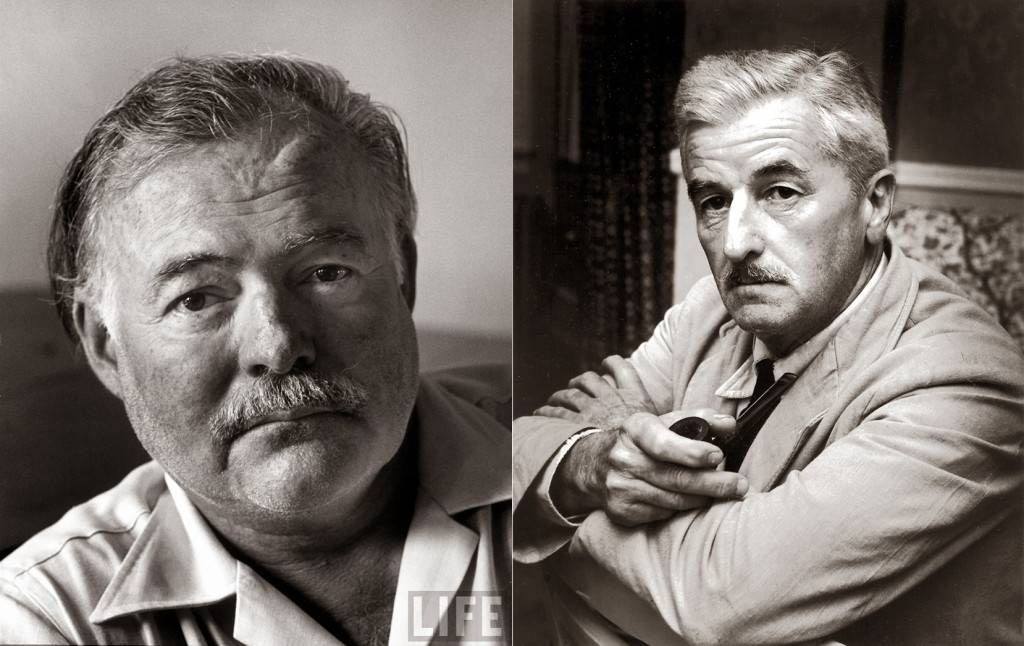
Our Reading Lives: Battle Scars and Comic Book Tattoos
I absolutely adore the outpouring of Non-Compliant tattoo stories we’ve seen on the comics internet recently. But this is not one of those stories. The Image Comics-related tattoo on my body is a caption box that reads “It’s how I was made.”–a line from Kieron Gillen and Jamie McKelvie’s Phonogram: Rue Brittania.
The comic came to me at the time in my life when I needed it the most, and the line was something I wanted to remind myself of in a permanent, stuck-to-your-skin kind of way. So in a kind of symbolism relevant for a kid raised Catholic, I got this tattooed onto my ribs.
I started reading comics when I was married. “When I was married” is a thing I say because there was a time when I was married and now I am not. I’m divorced. Most days I can say that without feeling shame; I still feel guilt more often than not. And I don’t think I’ll ever stop feeling broken. But when I was in the midst of it–when I was separated from my spouse but still living in the same house–those emotional bags were heavy and always present. And the comics that I had so recently fallen in love with were what helped me pick myself up and put myself back together.
It’s really hard for me to articulate how it feels going through and coming out of a divorce. Divorce is a quite common thing, but no one really talks about the experience. So you’re left with those terrible, lonely images from TV and movies of a dude in a sad condo with Ikea furniture. I think it’s why I instantly connect with other divorced folks–you have this unspoken bond of a shared experience (btw, I hate the word divorcée; a fancy sounding word is not going to make this raw, emotional experience “sexy”). Anyway. Picture your life like a tower of big blocks, like from when you were a kid. It’s a good tower; not amazing but it stands upright and it looks like most of the other block towers you’ve seen. And then you realize, while you’re standing on top of your tower, that this is not the tower you want. It’s lonely up here and a bit wobbly. So you poke at the weak parts to see just how weak they are until you finally make the call to tear it down. That’s what getting a divorce is like. Or at least that’s what it was like for me.
So now you’re in the middle of all these blocks, crippled with self doubt because you are clearly not qualified to build a tower from these things. You burn some blocks, some you push away in anger and shame, you look around for new blocks and try to find the ones you like. I was in the middle of all this when Phonogram: Rue Britannia come into my life.

In the world of Phonogram, music is magic, and its witches, wizards, mages, what-have-you are called Phonomancers. David Kohl is a Phonomancer and kind of a jerk. Someone starts meddling with his past as a way to unravel the current David Kohl (and blow up the world, but that’s not really the important part). And so he is charged with the task of finding the goddess who made him a Phonomancer and sorting things out before he loses every shred of his current identity (and the world blows up). The story is David literally finding the ghosts of his past and putting them to rest.
At one point in the story, he’s presented with the opportunity to redefine himself, just let the past rot and become someone new instead of letting the Powers That Be turn him into a shell of a man. He doesn’t take it. And when the dust all settles he concludes:
“And, yeah, even I worked out that no matter how bad it objectively was… it’s how I was made.”
It was a lightbulb-over-the-head moment for me. It helped me acknowledge the good, bad and ugly of my past and realize that I am who I am because of the mistakes I’ve made. That while my past has shaped me, it doesn’t own me. It teaches me; it does not shame or guilt me.
The self-doubt was still there though (I don’t think it’ll ever really go away). While I felt a lot better about sitting in the rubble of my former life, I still wasn’t confident in my ability to build anything from these charred pieces. But I did it anyway. There comes a time when necessity kicks in and I was putting pieces one on top of the other without knowing I was even doing it. And at some point I realized I wasn’t sitting on the floor anymore. I had my own tower of blocks again.
To steal a line from probably the greatest Disney movie ever, Lilo and Stitch, “I found it, all on my own. Is little, and broken, but still good. Ya. Still good.” There are broken and dented blocks, and my tower doesn’t look like what I think people think it should look like. But it’s mine. And Phonogram helped me appreciate that.















